UofTMed Magazine
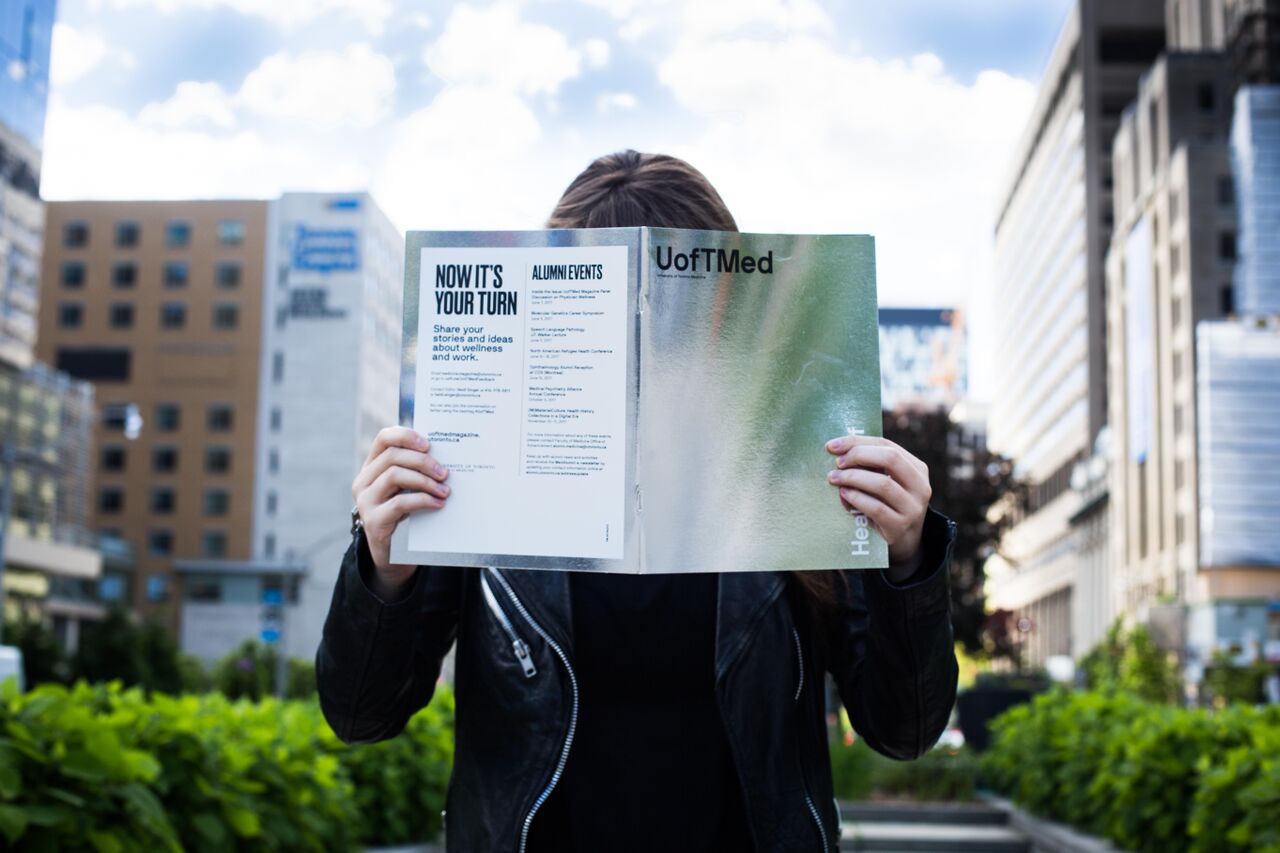 Ours is an alumni magazine like no other. Dive into medicine’s most pressing topics through bold, compelling and relevant stories in the award-winning UofTMed magazine.
Ours is an alumni magazine like no other. Dive into medicine’s most pressing topics through bold, compelling and relevant stories in the award-winning UofTMed magazine.
Read the latest issue of UofTMed magazine.
Be sure to Update your Contact Informationto receive the digital issue of UofTMed magazine.
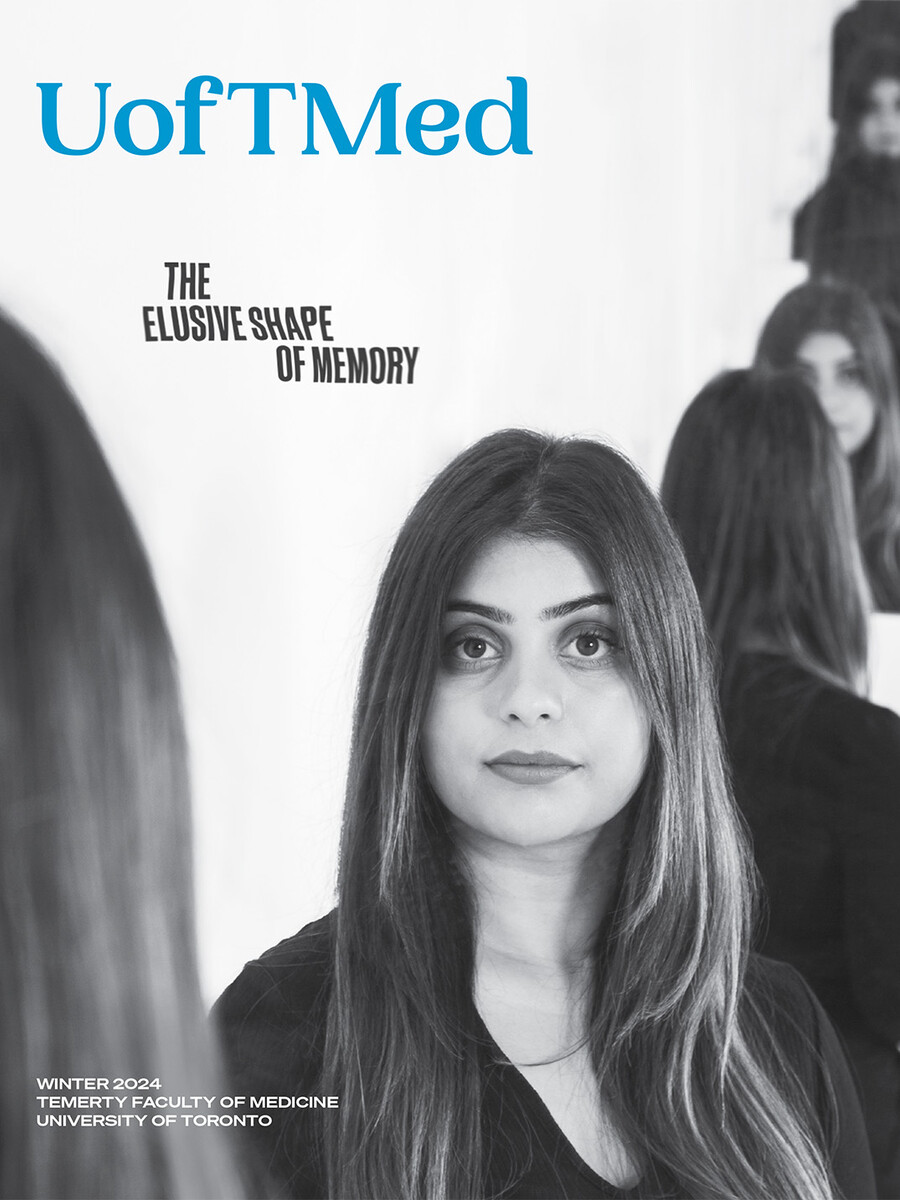
Winter 2024
Memory
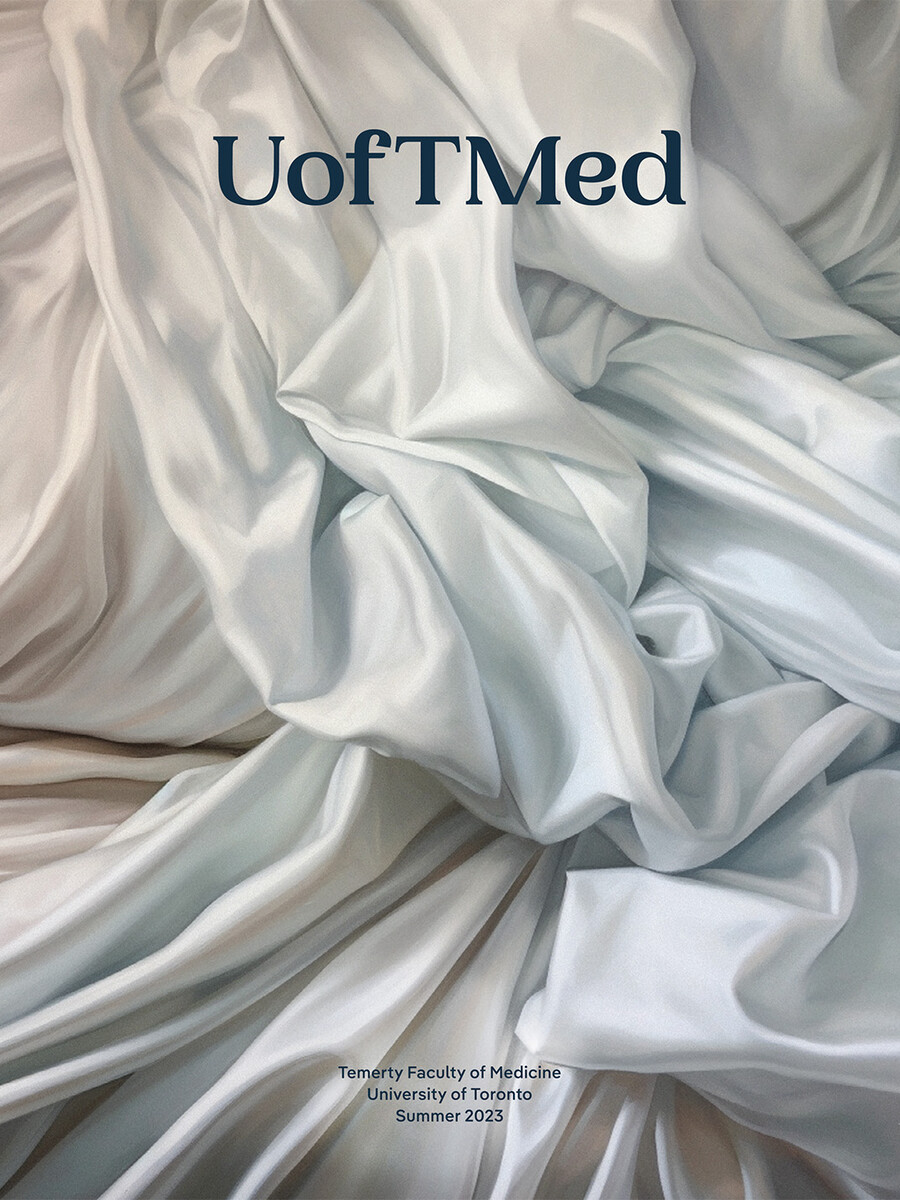
Summer 2023
The Sleep Issue
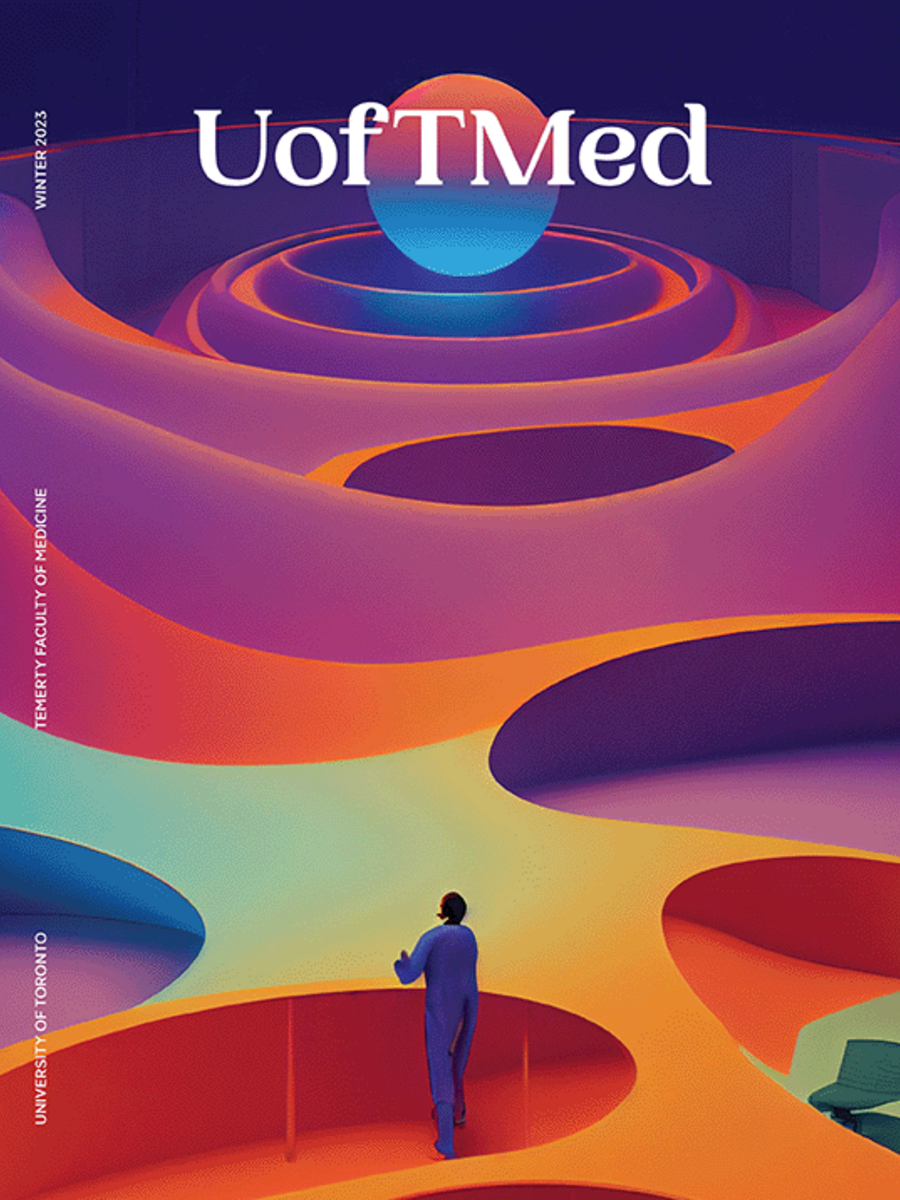
Winter 2023
The Art Issue
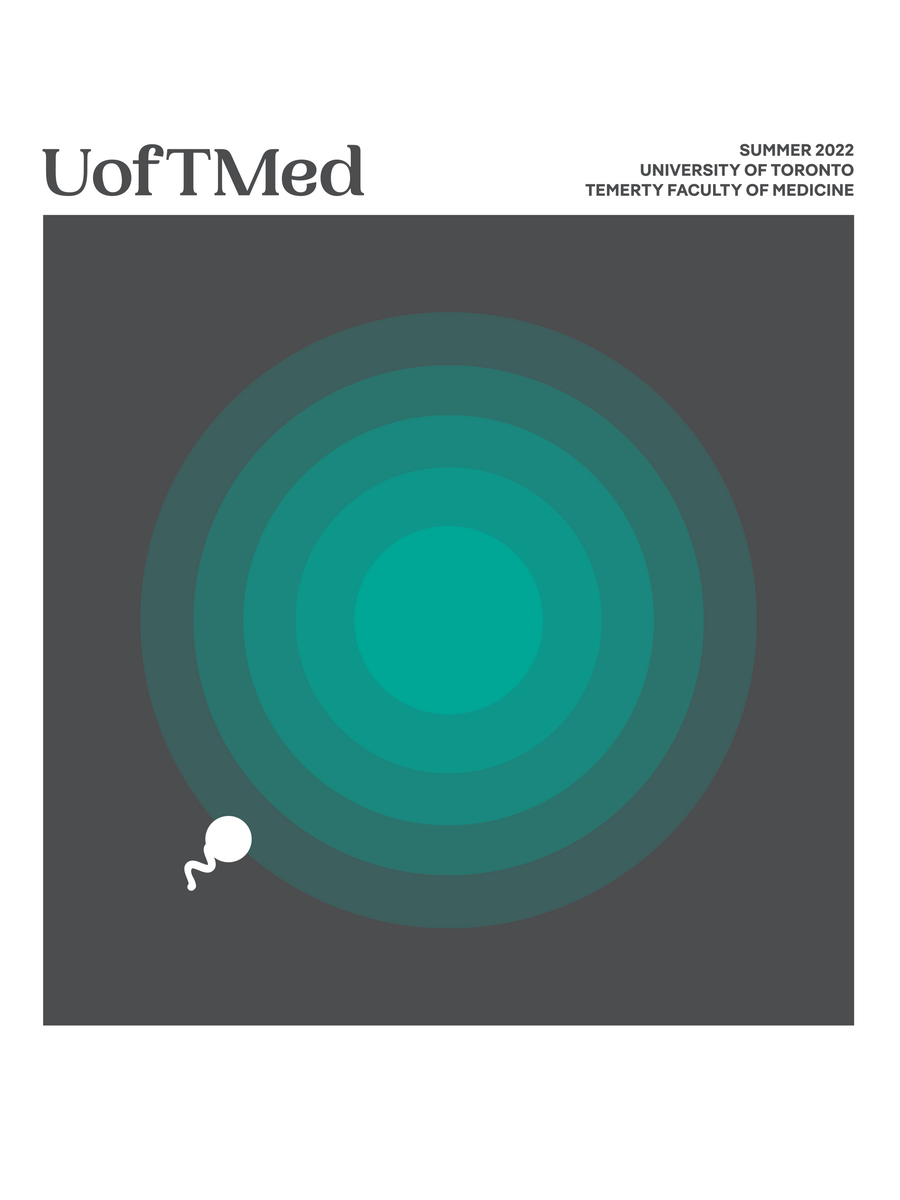
Summer 2022
The Birth Issue
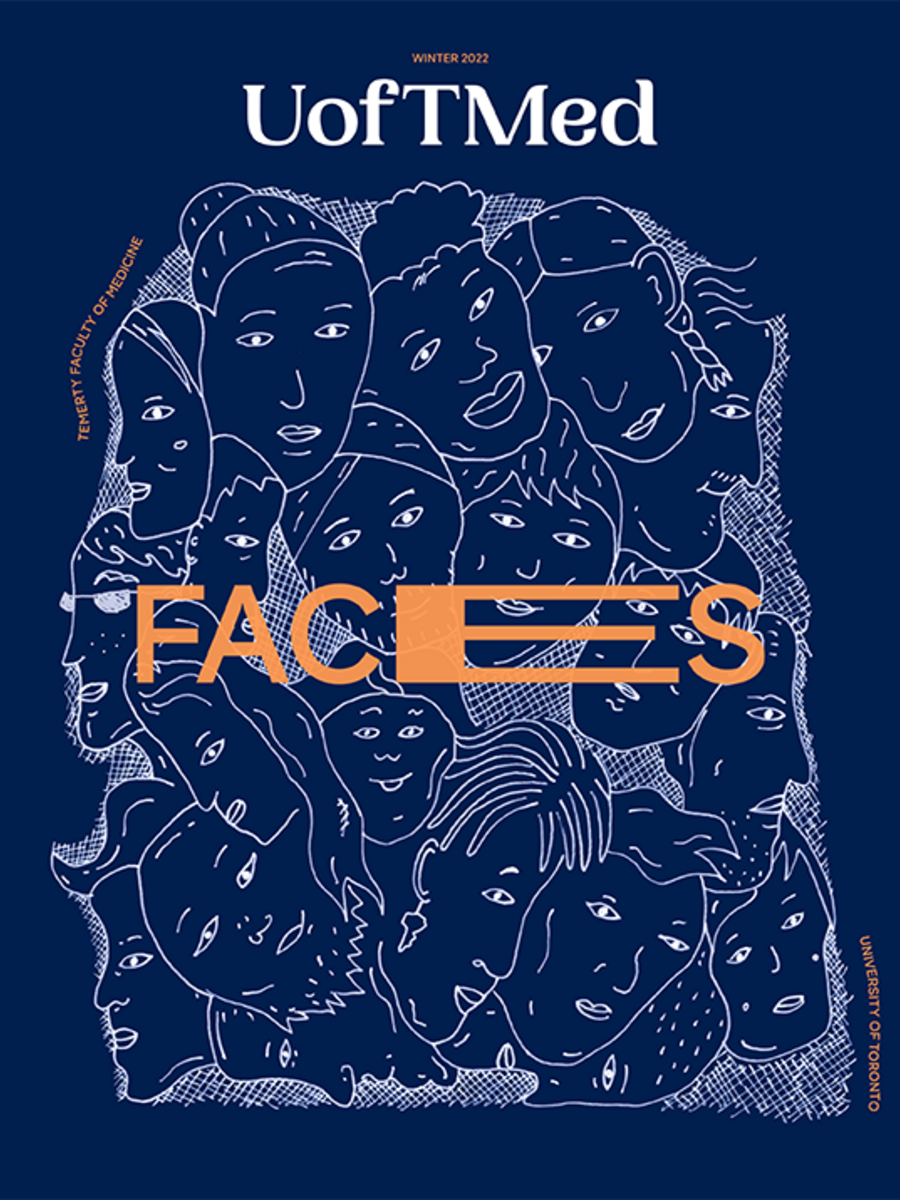
Winter 2022
The Faces Issue
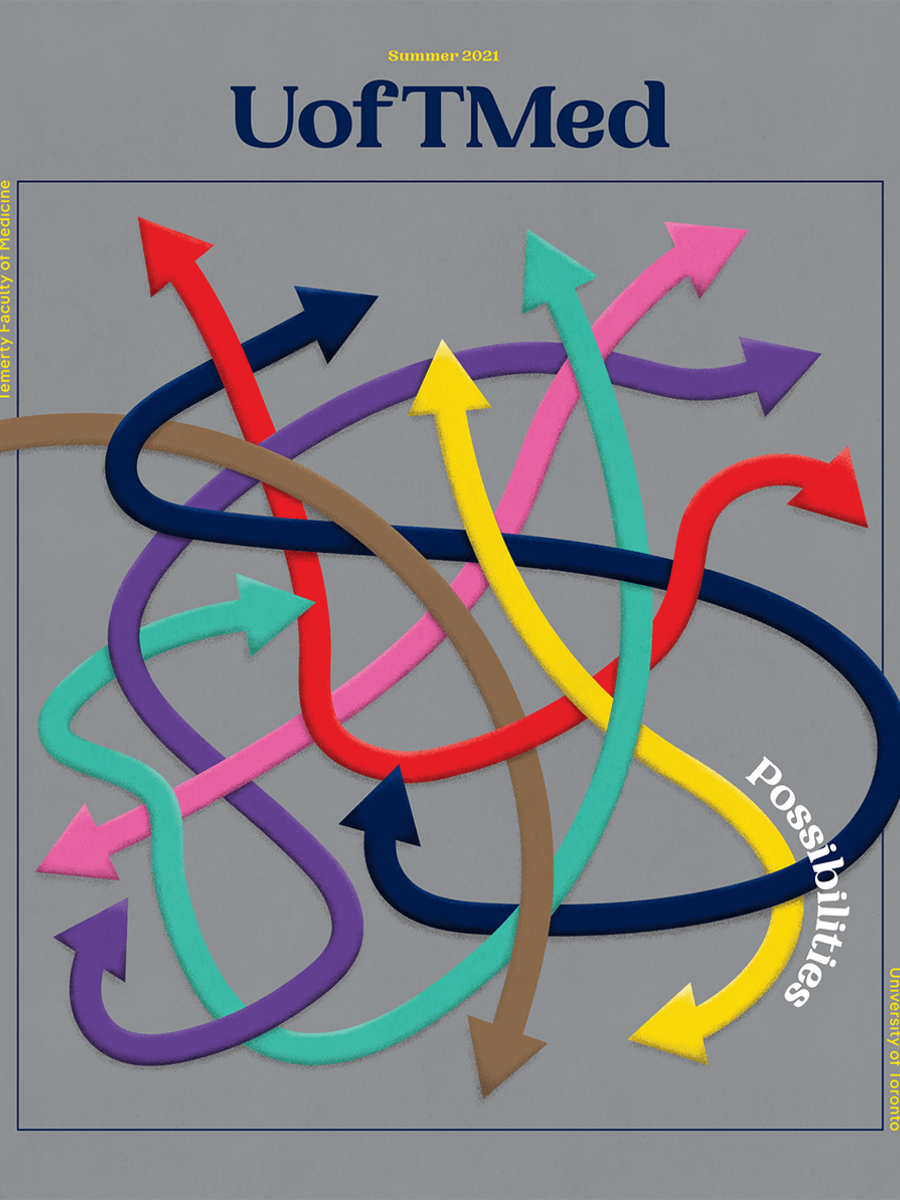
Summer 2021
The Possibilities Issue
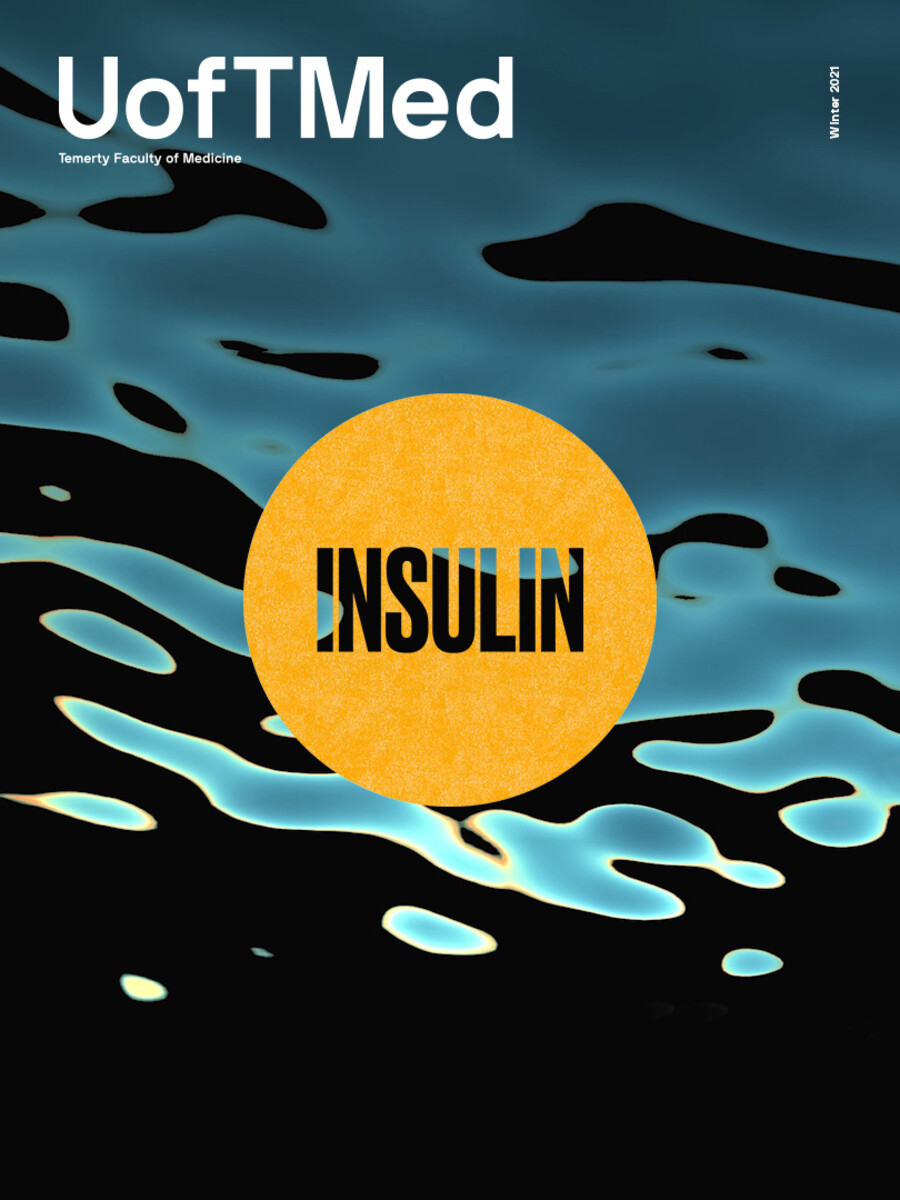
Winter 2021
The Insulin Issue
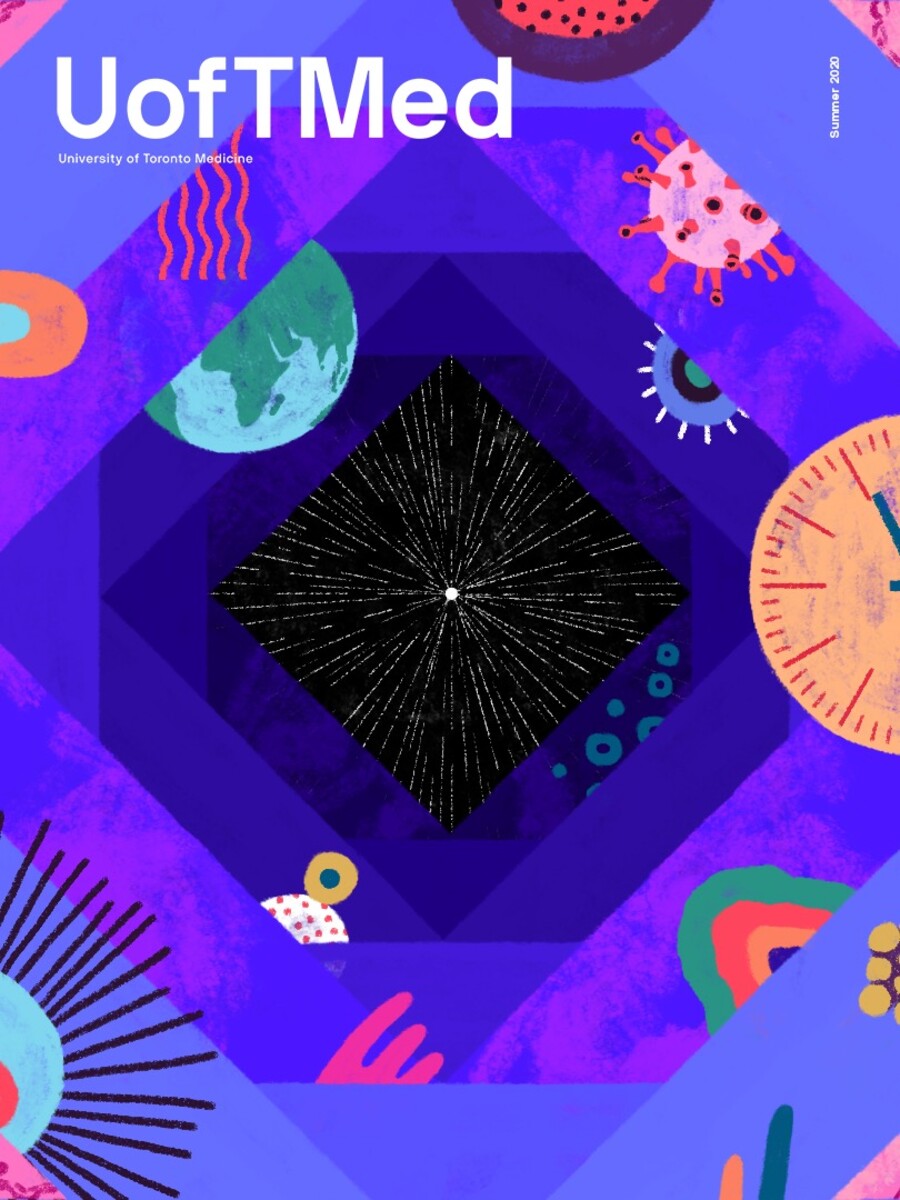
Summer 2020
The COVID-19 Issue
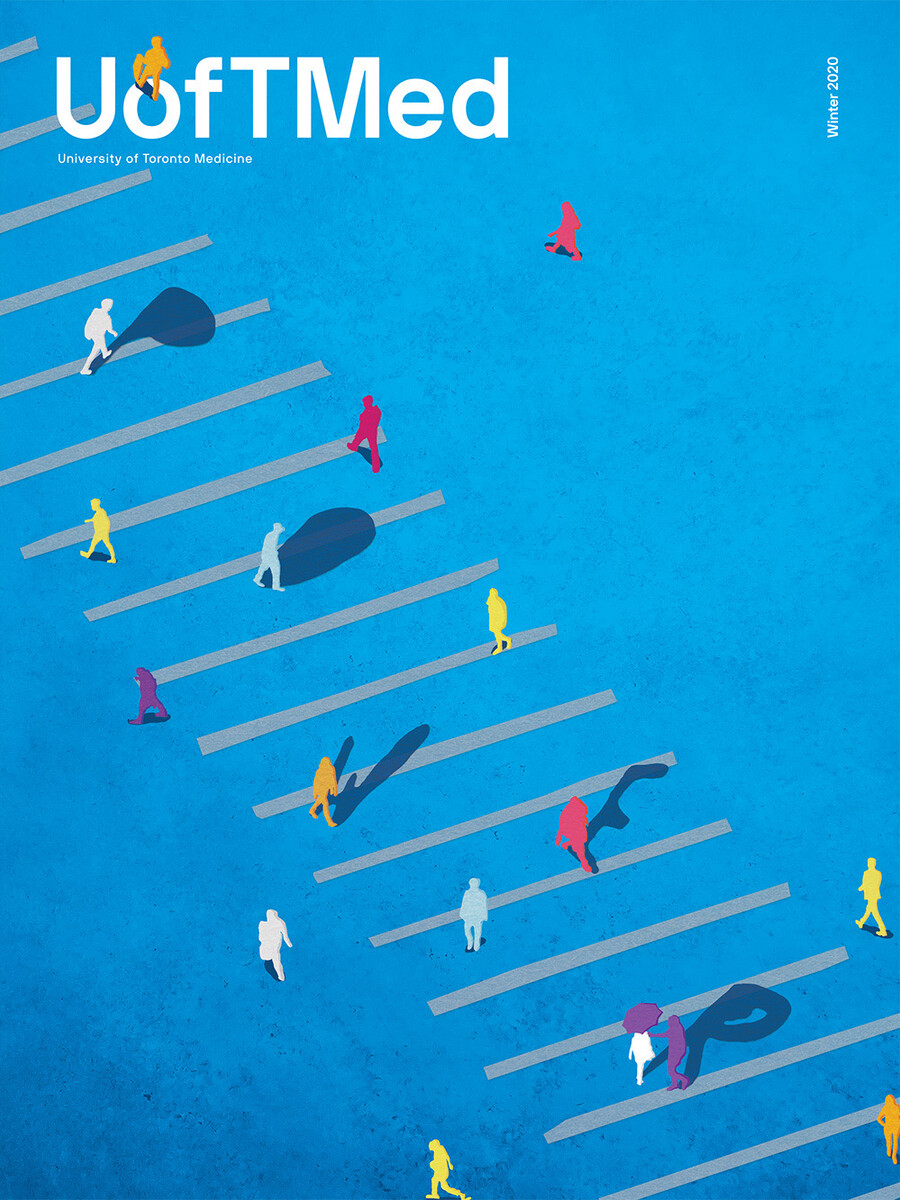
Winter 2020
The Power Issue
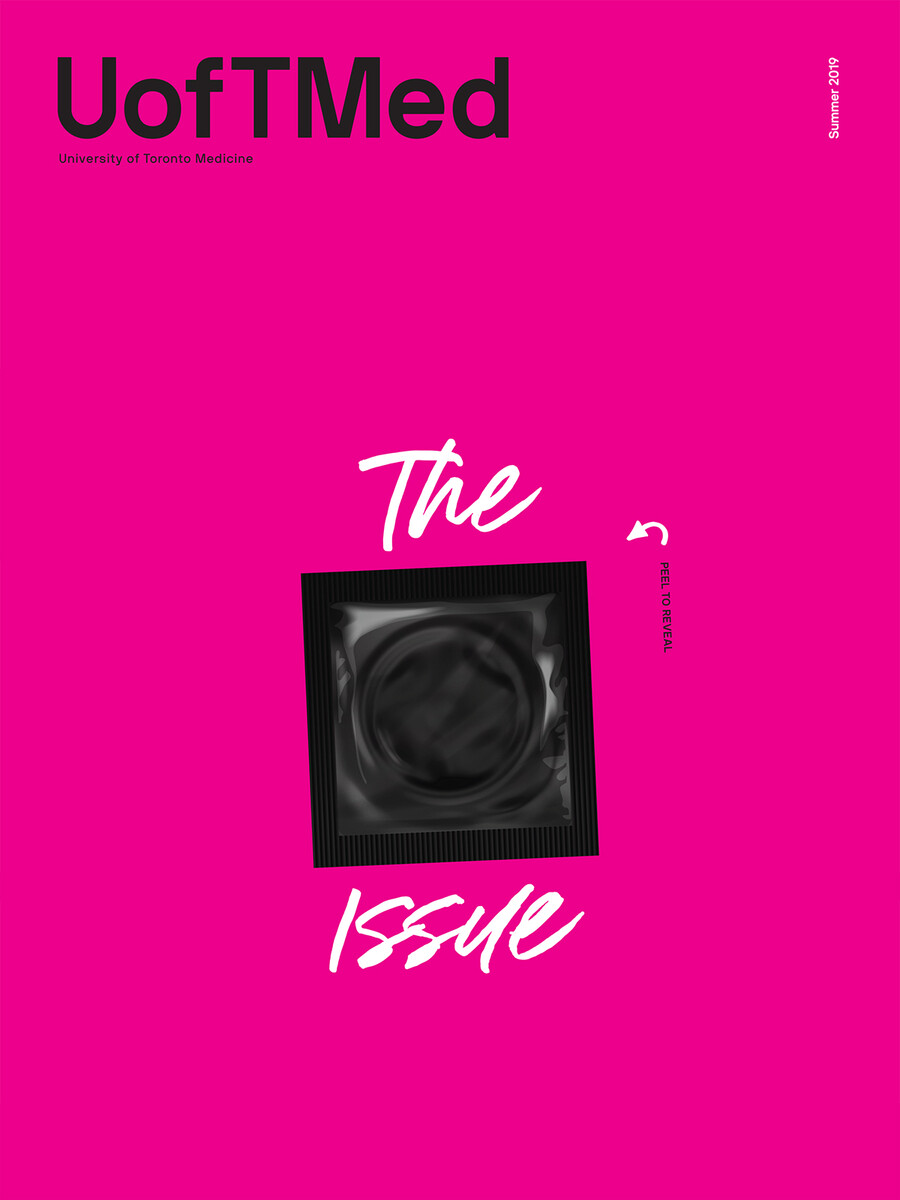
Summer 2019
The Sex Issue
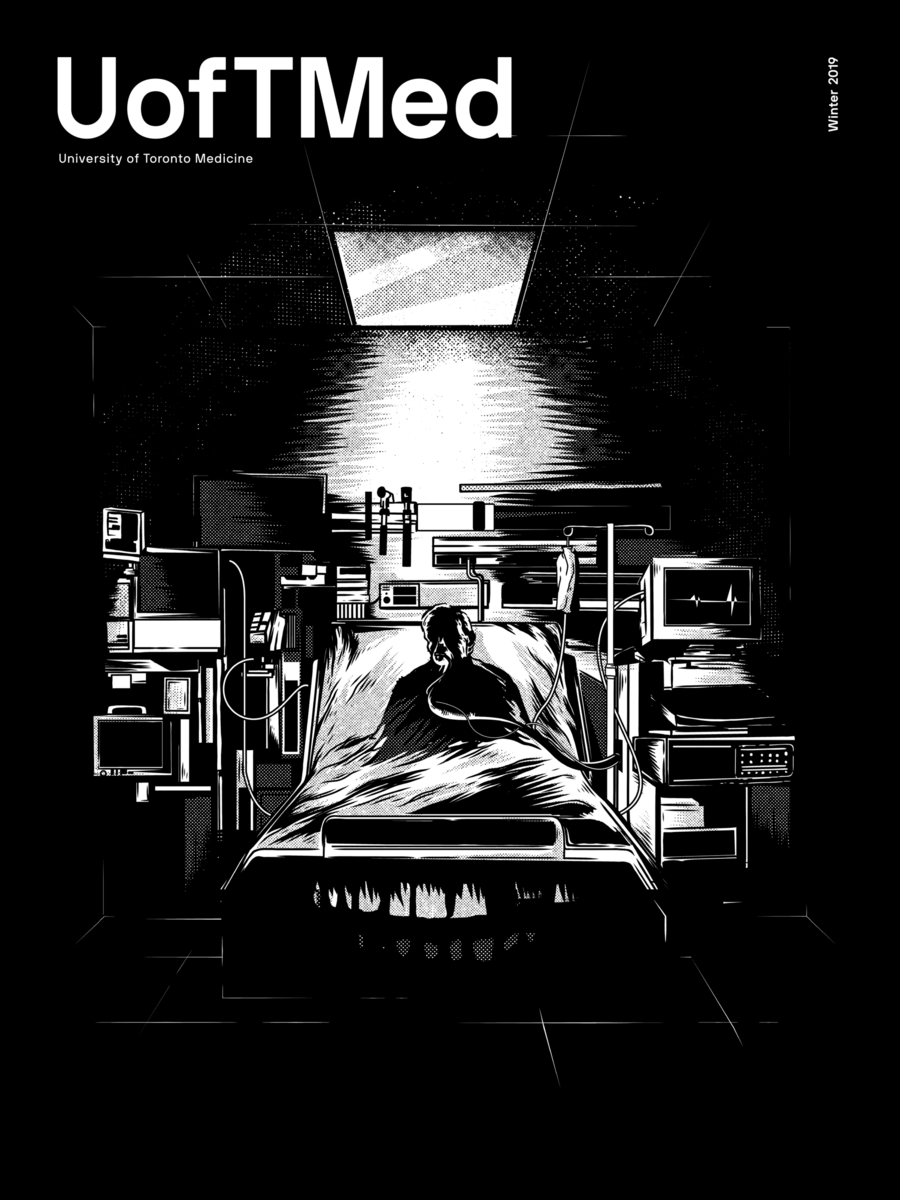
Winter 2019
The Death Issue
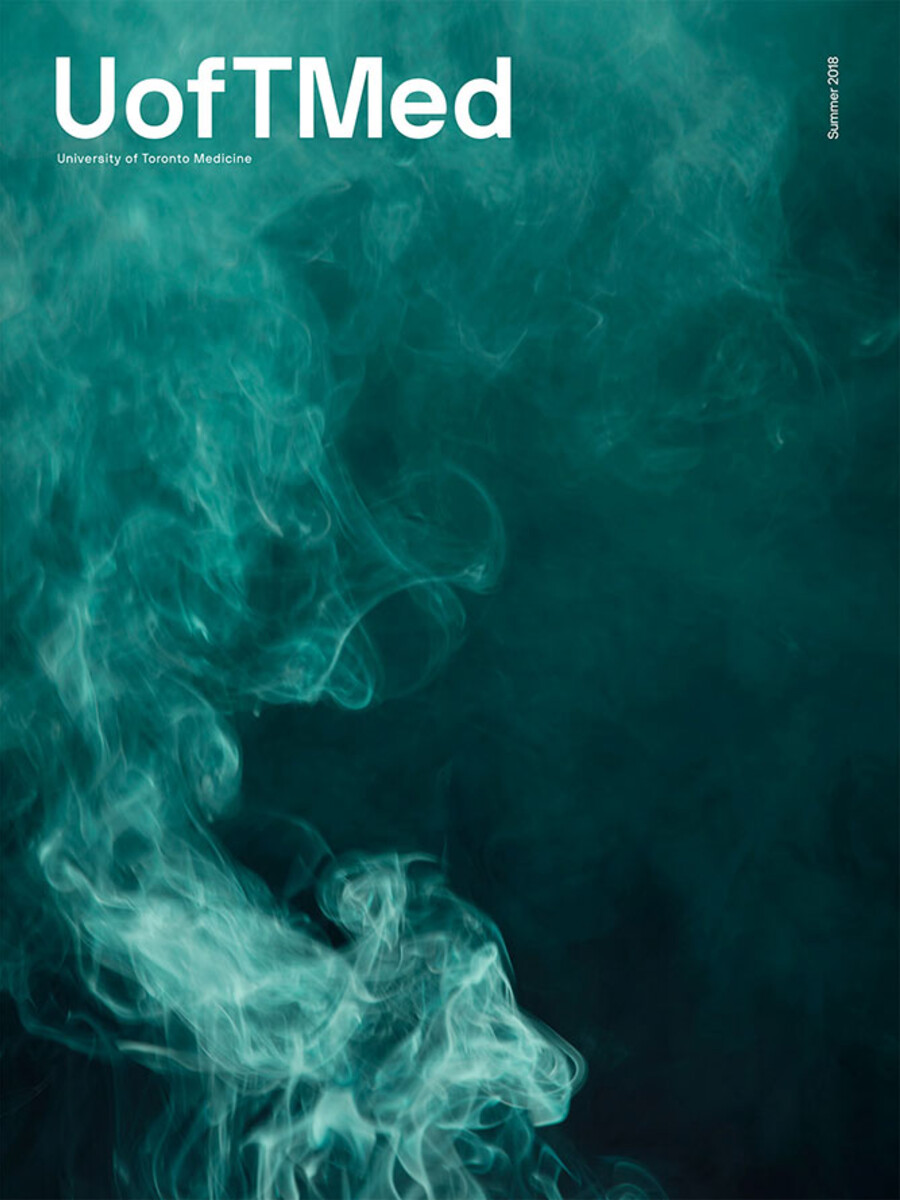
Summer 2018
The Cannabis Issue
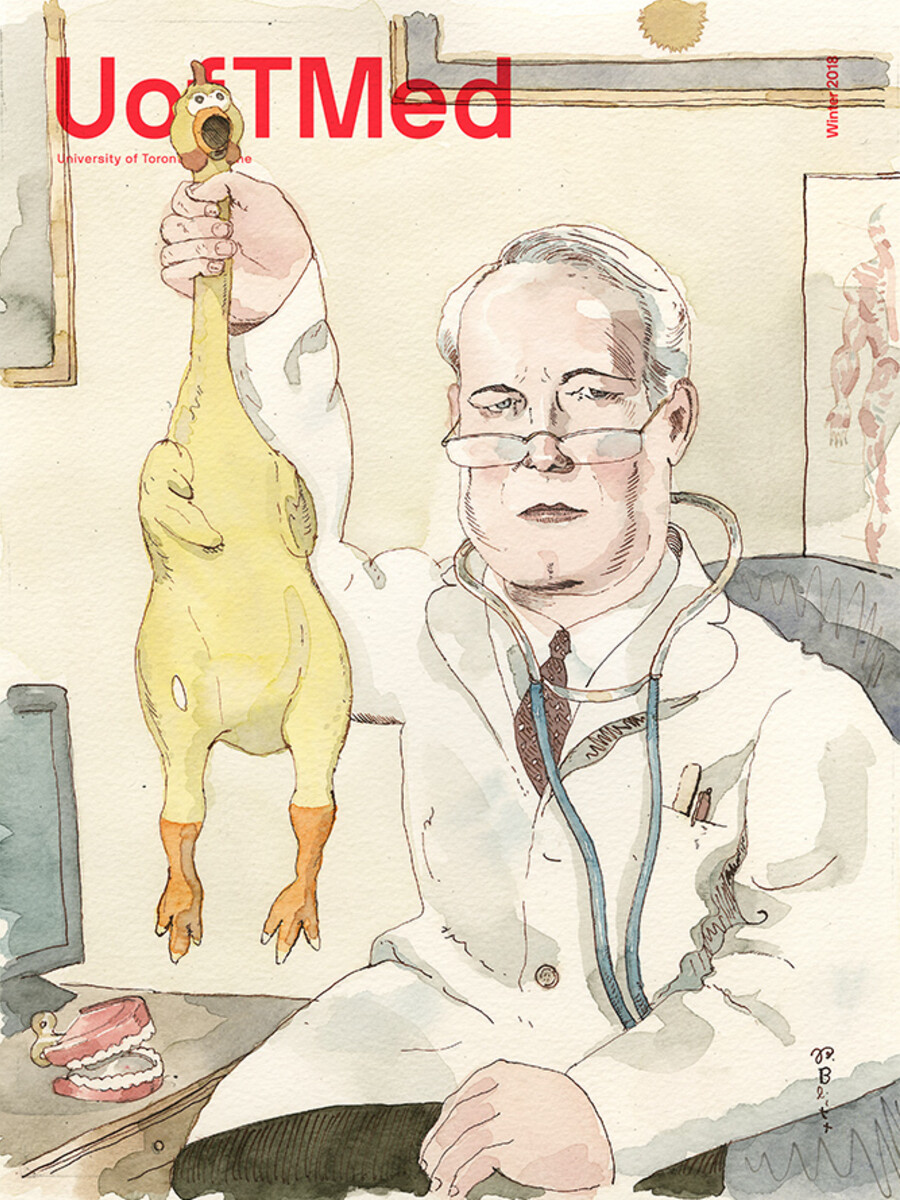
Winter 2018
The Humour Issue
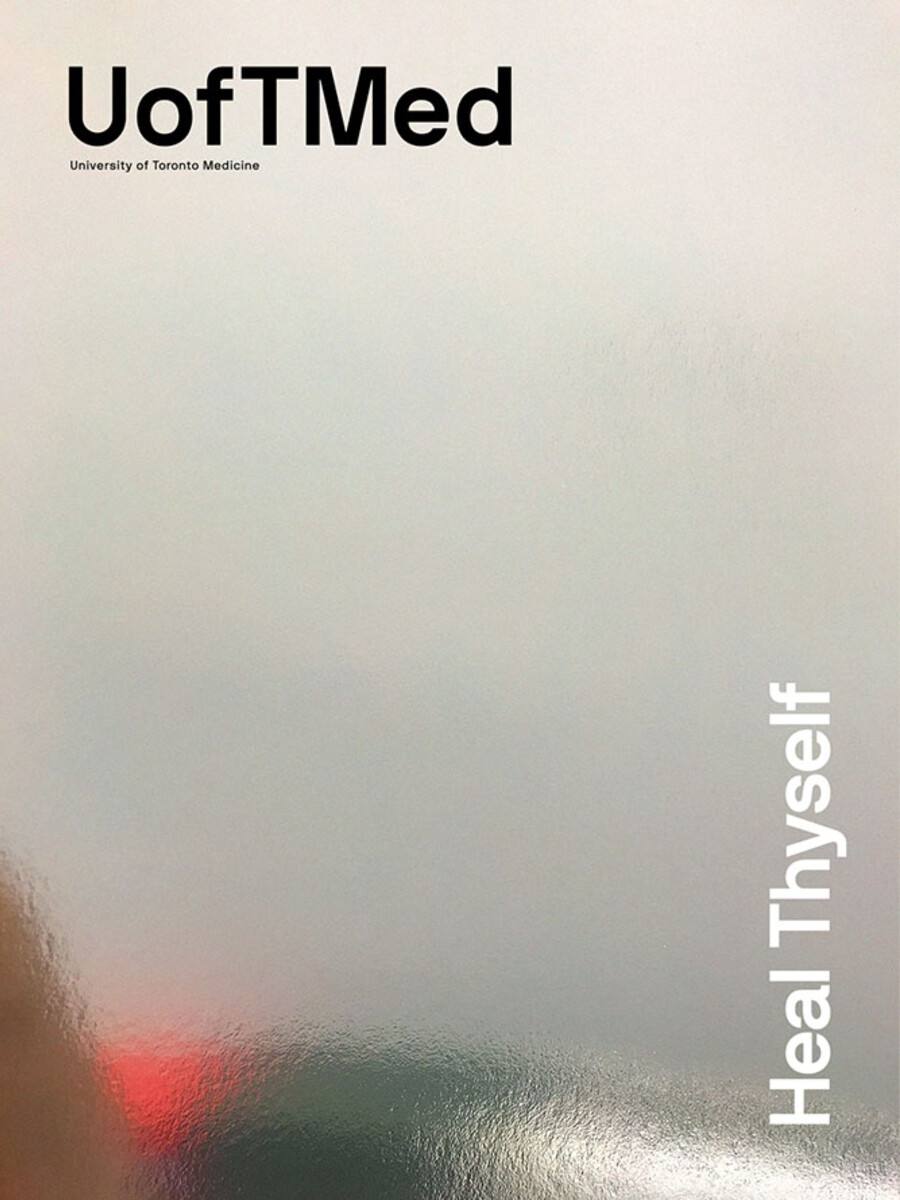
Summer 2017
Heal Thyself
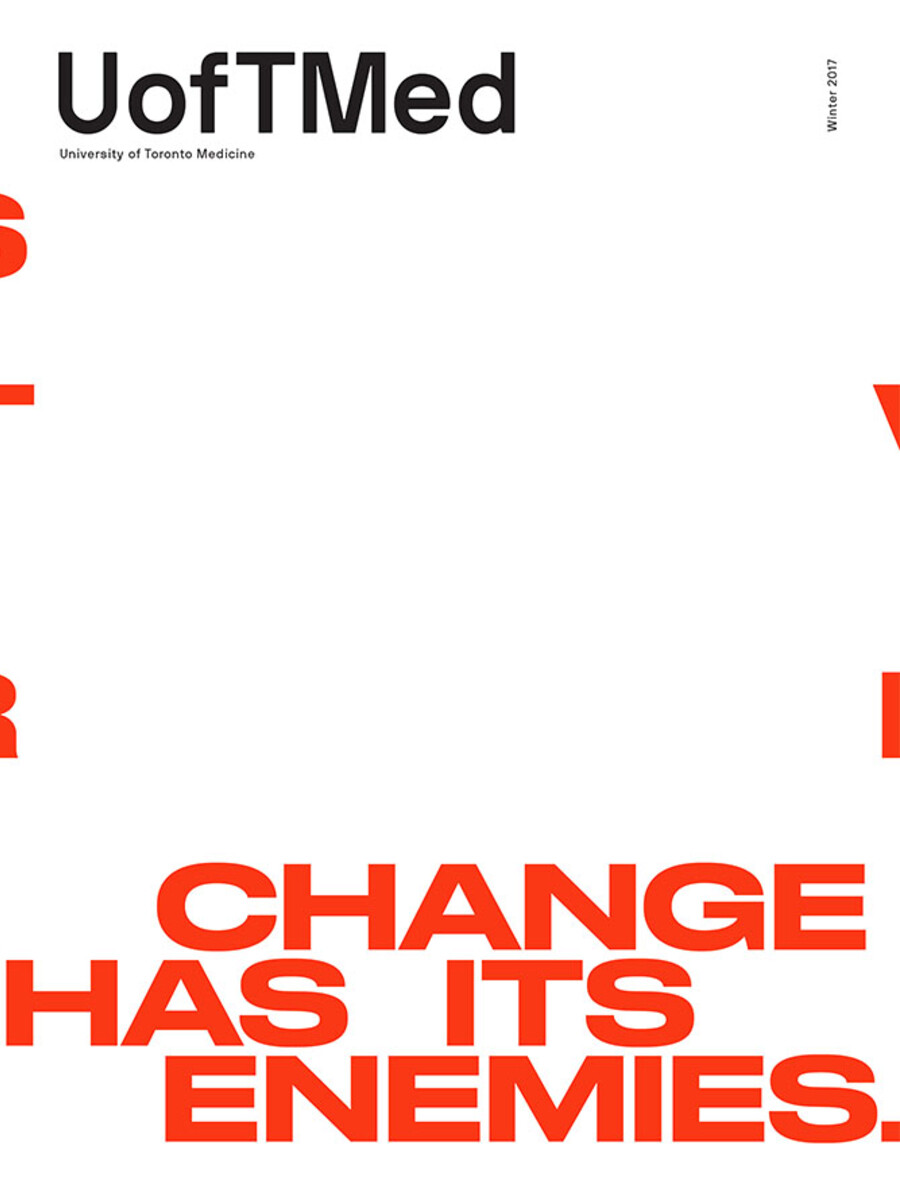
Winter 2017
The Change Issue
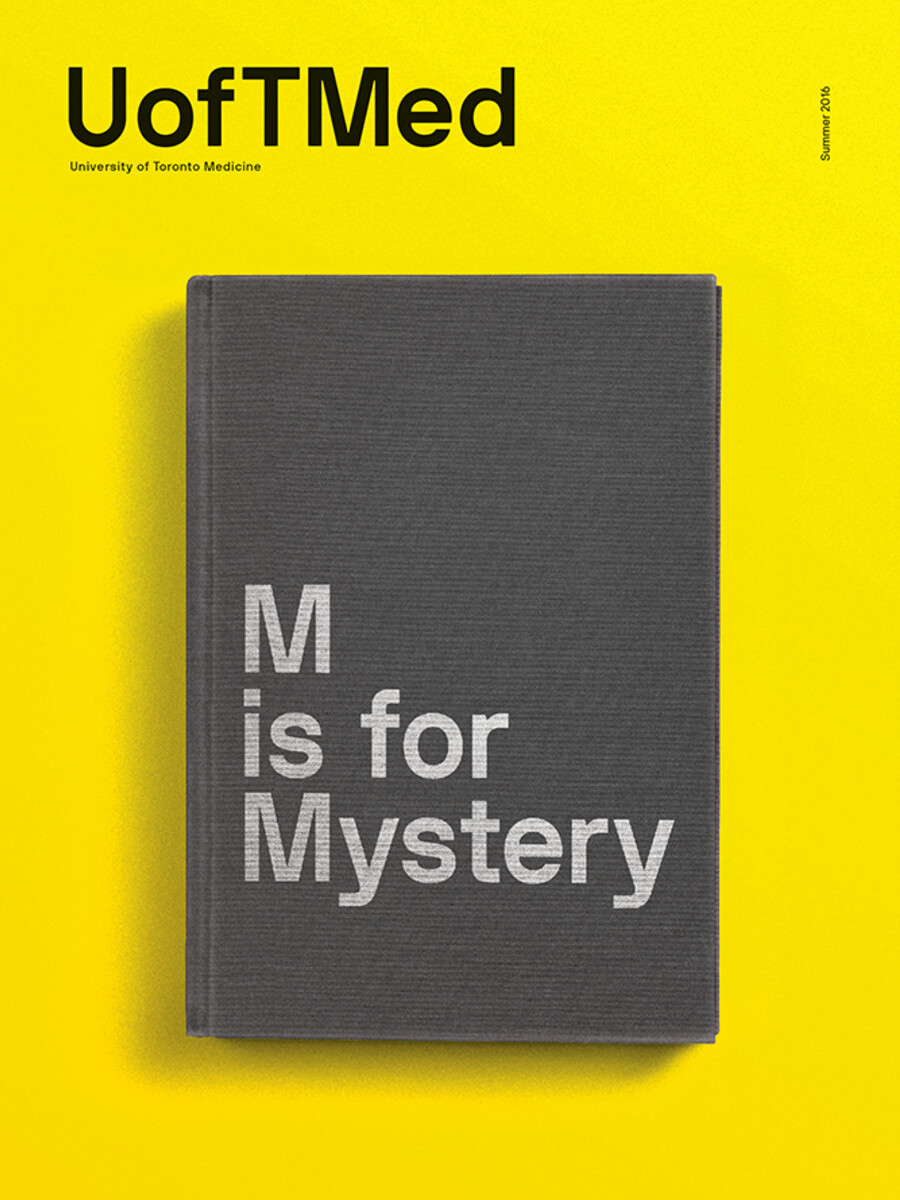
Summer 2016
The Mystery Issue
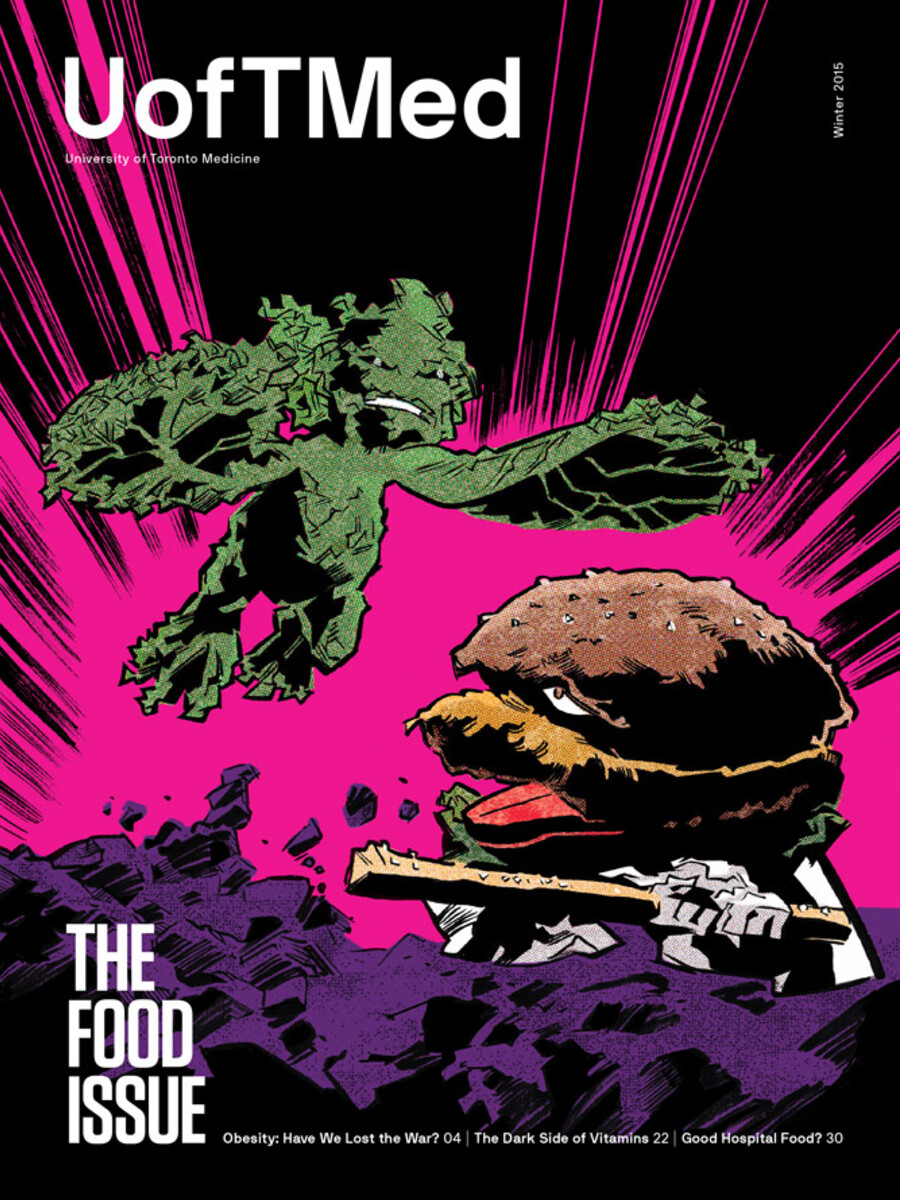
Winter 2015
The Food Issue
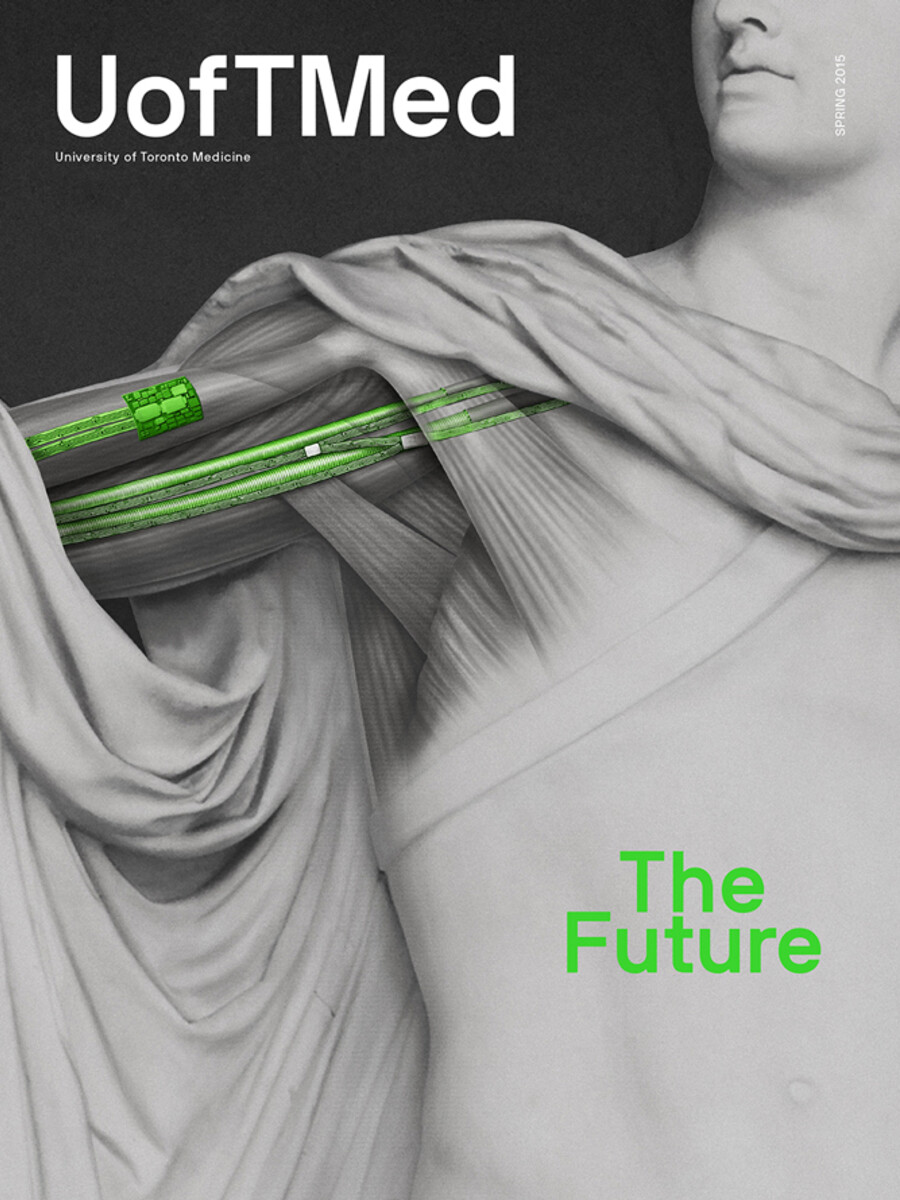
Spring 2015